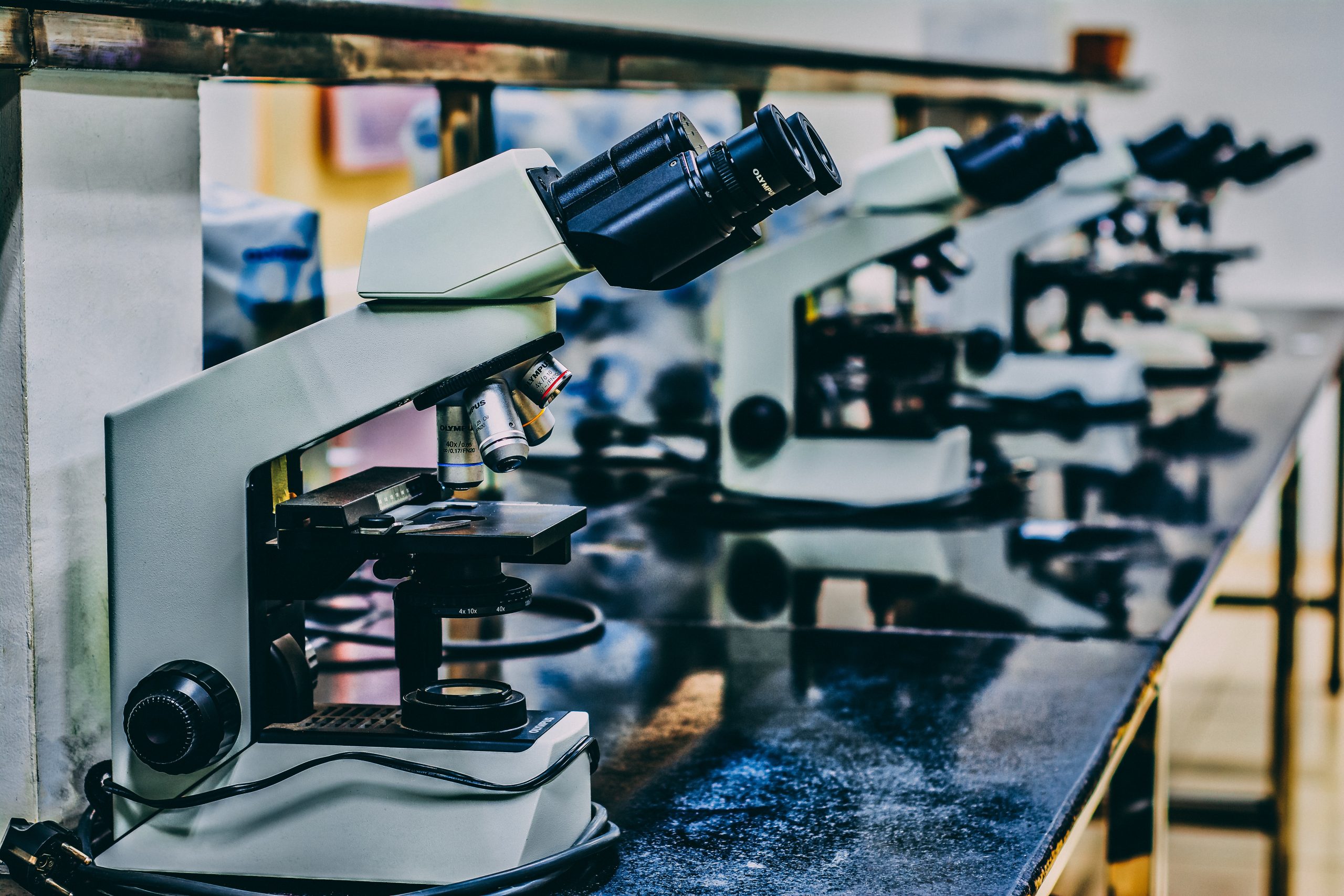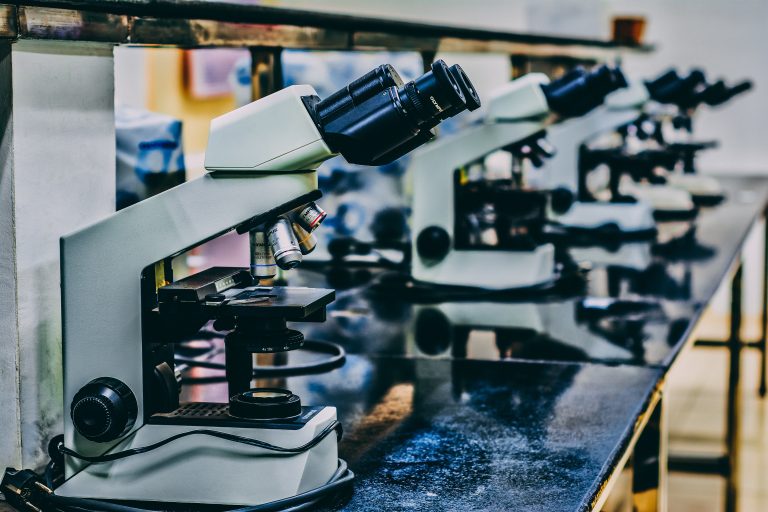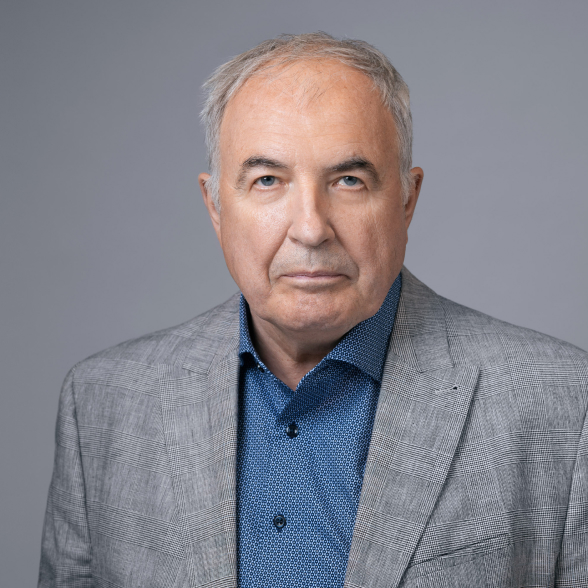
The Future Biomedicine Foundation (ABF), a charity and support fund, is launching a call for proposals for research projects in the field of personalised medicine. This call launches ABF’s long-term strategy to promote and support research and studies related to the development and application of personalised medicine in Lithuania.
Personalised medicine represents a model of disease prevention and treatment tailored to each individual, instead of the traditional population-average model. Its principles depend crucially on modern advances in molecular life and biomedical research. In order to put into practice the principles of this innovative treatment model, it is necessary to train physicians who are competent to understand the molecular basis of a specific disease and its variations in the population of patients with that disease, and to select the most effective treatment based on the “molecular portrait” of the disease in the patient. Interdisciplinary collaboration is essential for the successful implementation of personalised medicine, and the above-mentioned competences will be needed to ensure the quality of the curricula for the next generation of medical graduates. ABF’s initiative to support life sciences and biomedical research related to personalised medicine is expected to broaden the opportunities for doctors to get involved. This will not only help to generate new knowledge and its potential practical applications, but will also enable medical professionals to develop the competences needed to implement the principles of personalised medicine effectively. It is worth mentioning that, in pursuit of the ABF’s strategic goals, the achievements of the medical profession will also create the preconditions for the development of new areas of biotechnology in Lithuania.
Purpose and subject of the call
Topic of the call: molecular research related to personalised medicine. For example, qualitative and quantitative changes in the genome sequence and in the molecules involved in the implementation of its encoded information, and the accompanying changes, disease-specific features of cellular processes, the correlation of alterations with drug response, diagnostic tools for drug selection, etc. Cell biology, immunology and other studies relevant to personalised medicine. The above examples are very general and do not cover all the possible molecular bases of various pathologies. Proposals justifying the relevance of the planned research to the paradigm of personalised medicine will be evaluated as being in line with the objectives and themes of the call, irrespective of the molecules or molecule sets to be investigated and the aspects to be studied.
This is the first call of the Fund, which will take place in two phases. The first phase will be the implementation of the indicative call. In the second phase, the selected project promoters will be invited to participate in a call for proposals and submit an extended application.
It is hoped that the indicative call will also serve to improve the guidelines for future calls (categories of beneficiaries, activities to be supported, level of support, etc.). We expect to get some of this information from the pre-call and extended applications. Your suggestions and comments would also be useful. We invite all interested parties to share their observations and insights – not only those who will respond to the call, but also those who are interested in personalised medicine but do not intend to apply.
Eligible applicants for research projects in personalised medicine
An investigator or group of investigators together with an executive institution – a budgetary research and/or study institution or a health care body. A person may submit more than one application for this call as a project leader or project worker. Applications are open to medical professionals who are starting or have just started their research activities, as well as to students and unpublished researchers. Proposals may also be submitted to support projects involving life science researchers, either independently or through inter-institutional interdisciplinary cooperation.
We also invite those (especially students and residents) who need methodological and/or thematic advice to contact the Foundation. In this case, the Foundation would seek to help find consultants.
Please note that the grant budget does not include funds for salaries. In exceptional cases, a reasoned request for reimbursement may be made to the Fund where the medical applicant has to give up part of his/her direct professional activity (e.g. if he/she works in several institutions, he/she has to give up work in one of them) due to the start of experiments in the laboratory, and thus has to find an important source of income for his/her subsistence.
Application procedure
Applications must be submitted by 21 September 2022 at 16:00 to parama@abfondas.lt. They shall be prepared in accordance with the requirements set out in the “Project Application Form”. For full details of the call and related documents, please visit the Future Biomedicine Foundation’s website on Funding Science Projects.
- Please indicate your minimum and maximum support needs in your application.
The application must be completed in full. Available in PDF format.
The application must be accompanied by the required annexes: curricula vitae (CVs) of the project staff with lists of publications (if any).
Start of funding in 2023 1 January.
Request. The Foundation has launched the first version of its website, whose main purpose is to provide you with information on the call for proposals, the format and the requirements for applications, etc. The Foundation is keen to improve its website in the future, and the comments of those who are familiar with it would certainly be useful for this. We are asking you to give us your suggestions and what you would like to see changed in the organisation of the network itself – in the arrangement of the sub-sections and the links between them, etc. – for ease of use. Would you recommend that the website should include additional sections on personalised medicine news in Lithuania and around the world, information on personalised medicine for lay people and other content?
Together we can achieve more!




